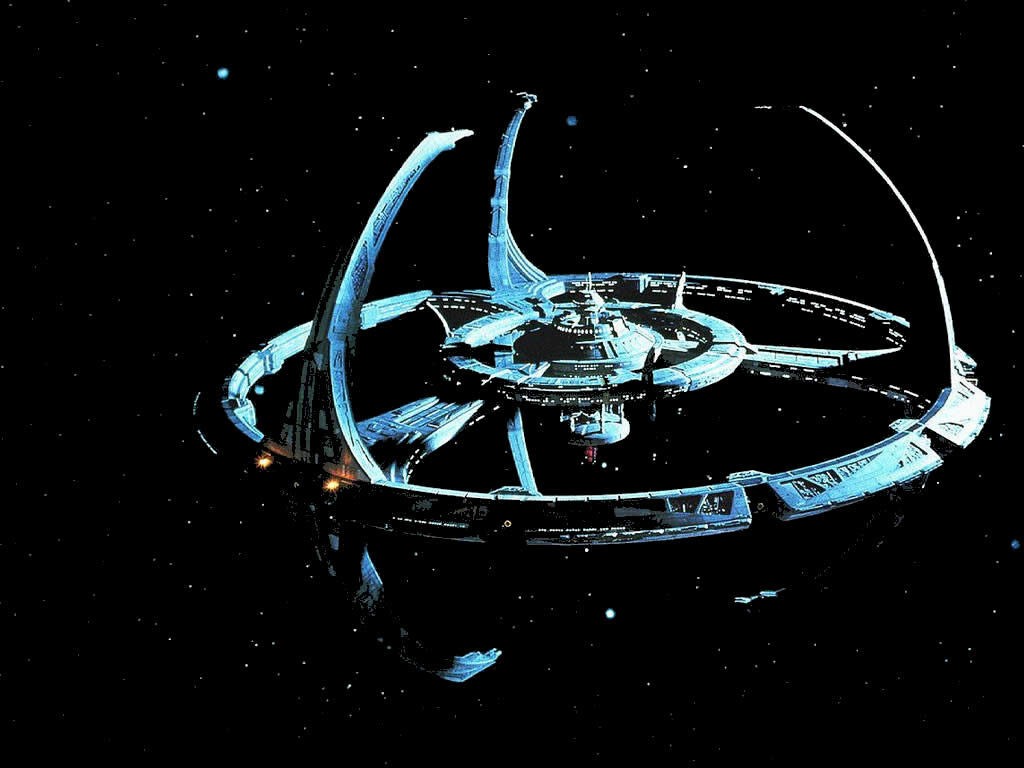The Pentagon’s Defense Innovation Unit wants options for an unmanned orbital outpost to support space experiments and operations — a logistics hub that might even grow, DIU’s solicitation suggests, to a larger manned space station.

DIU, which is charged with tapping non-traditional commercial companies for innovative technologies to meet Pentagon needs, issued a solicitation last week that gives interested vendors until July 9 to propose a “solution… for a self-contained and free flying orbital outpost.” The platform is to support “space assembly, microgravity experimentation, logistics and storage, manufacturing, training, test and evaluation, hosting payloads, and other functions.”
While the near-term requirements are obviously aimed at prototyping an autonomous, robotic mini-space station to house experimentation, the “future desired capabilities” listed in the solicitation are much farther reaching. They include the capability to dock with unmanned and manned spacecraft and, even more surprisingly, “human rating.”
Human-rating is short-hand for a set of requirements developed by NASA and the Federal Aviation Authority (which licenses launch and re-entry of commercial spacecraft) to ensure the safety of astronauts aboard a spacecraft. These include things like special insulation to protect crew from extreme temperatures and radiation.
Even though the concept may be a long shot in DoD thinking, the fact that DIU is even considering the idea of a military presence in orbit is a pretty big deal. The idea will no doubt will be controversial if significant funding starts pouring into exploring it.
While the 1967 Outer Space Treaty technically does not prevent a military space station, manned or unmanned, it does prevent military operations and bases on celestial bodies such as the Moon or asteroids. It also guarantees freedom of “peaceful” use of outer space for all. US adversaries, as well as many allies, already are nervous about US intentions in space as the Congress debates President Donald Trump’s Space Force proposal. So the thought of space-based American troops is likely to raise concerns.
Before anyone gets too excited about a future US version of Star Trek’s Deep Space Nine, the baseline requirements for Orbital Outpost — including an 80 kilogram payload capacity and and internal volume of 1 meter cubed — are not even close to being able to accommodate humans.
“The thing is too small, 1 m cubed, and low power to do anything remotely human-rated,” said one space scientist.